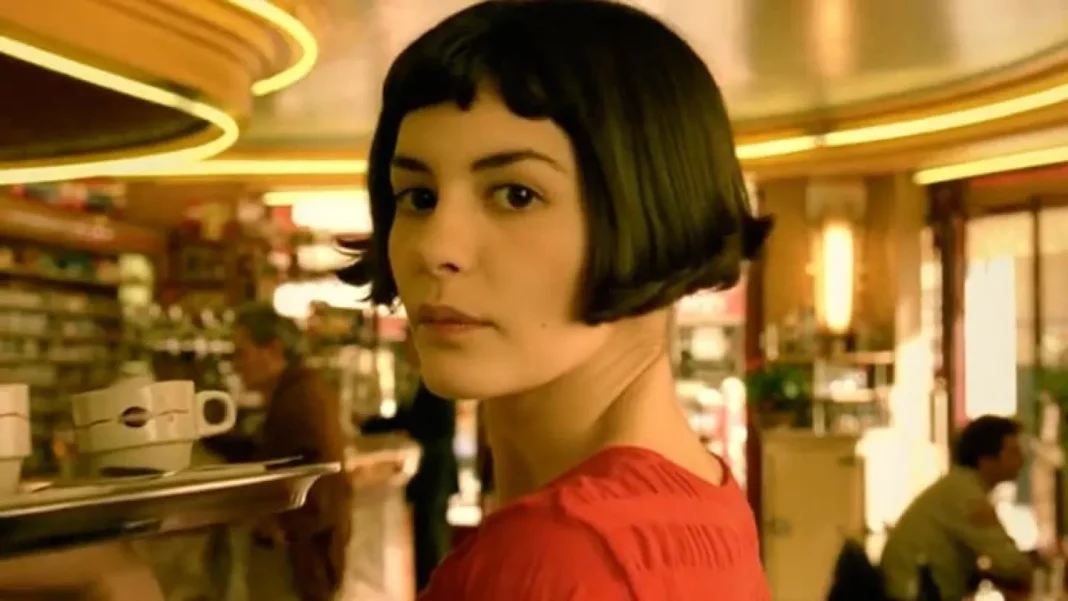In an exclusive interview, Jean-Pierre Jeunet, the visionary director behind the beloved film “Amélie,” shared his thoughts on the movie’s re-release and revealed his one regret about the project. Since its original debut in 2001, “Amélie” has captivated audiences worldwide with its whimsical portrayal of Paris through the eyes of its eponymous protagonist. The film’s re-release has brought it back into the spotlight, allowing a new generation to discover its magic. However, Jeunet’s reflection on the process uncovers a bittersweet aspect of revisiting his classic work.
“Amélie” is renowned for its vibrant storytelling, unique characters, and visually stunning depiction of Montmartre. It’s a film that not only showcased Jeunet’s distinctive style but also became a cultural phenomenon, influencing an entire era of filmmakers. With the re-release, Jeunet aimed to introduce “Amélie” to those who hadn’t experienced it in theaters, enhancing the film’s already rich visual and auditory elements for contemporary cinematic technology.
Jeunet’s regret, however, lies not in the film itself but in the limitations of its distribution. “My only regret is that we couldn’t show it in more theaters,” Jeunet confessed. “I believe ‘Amélie’ is a film that truly comes to life on the big screen, where every detail of its world can be fully appreciated.” The director emphasized that while digital platforms have made films more accessible, there’s an incomparable magic in watching “Amélie” in a cinema, where its detailed mise-en-scène and meticulous color palette can be experienced as intended.
The re-release was meticulously remastered, with Jeunet and his team dedicating countless hours to ensure that the visual quality met modern standards while preserving the film’s original charm. “It was a labor of love,” Jeunet said, highlighting the painstaking process of color grading and sound enhancement that went into the project. He expressed a deep sense of pride in the final product but lamented that the limited theatrical run meant that not all fans would have the chance to see “Amélie” in its full glory.
Despite this regret, Jeunet remains optimistic about the film’s impact. “Amélie” has continued to inspire and delight audiences around the world, with its themes of love, kindness, and the beauty of everyday life resonating just as strongly today as they did over two decades ago. Jeunet’s storytelling prowess and the film’s whimsical aesthetic have left an indelible mark on cinema, proving that “Amélie” is a timeless classic.
Furthermore, Jeunet shared insights into the enduring appeal of “Amélie,” attributing it to the film’s universal message of finding joy in the simple pleasures of life. “In a world that’s increasingly complex and challenging, ‘Amélie’ offers a reminder of the power of small acts of kindness,” he reflected. This message, coupled with Audrey Tautou’s enchanting performance as Amélie Poulain, continues to inspire viewers to approach life with wonder and compassion.
As “Amélie” finds its way back into the hearts of moviegoers, Jean-Pierre Jeunet’s reflection on its re-release offers a poignant reminder of the film’s lasting legacy. His one regret about the limited theatrical run underscores the importance of experiencing cinema in the way it was meant to be seen. Yet, the director’s overall sentiment is one of gratitude — gratitude for the opportunity to revisit his work and for the continued love and admiration from fans new and old.


